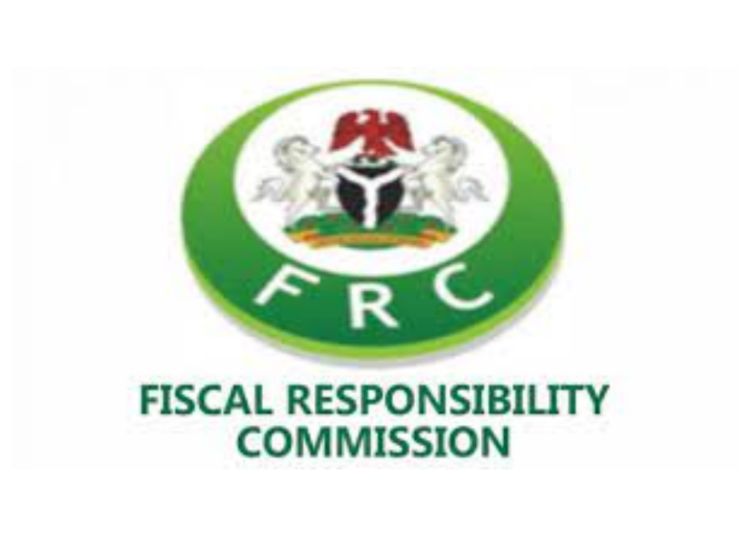To combat corruption, block revenue leakages and eliminate wastages of public resources, the National Assembly has declared its commitment to initiating the amendment process for the Fiscal Responsibility Act (FRA), 2007.
Some civil society organisations led by the OrderPaper Advocacy Initiative said the measure would help check corruption and block revenue leakages.
The primary focus of the amendment is to empower the Fiscal Responsibility Commission (FRC) to enforce the law by imposing sanctions on erring ministries, departments and agencies (MDAs) of the federal government. This includes addressing issues such as non-compliance with financial reporting standards, reckless misapplication of internally generated revenues, and the disregard of due process in public borrowing.
This decision has garnered commendation from a coalition of civil society organisations (CSOs), led by the OrderPaper Advocacy Initiative, and actively implementing the Growth Initiatives for Fiscal Transparency (GIFT). The CSOs are urging the current National Assembly to follow through with the FRA amendment, thereby bolstering the efforts of President Bola Tinubu’s administration to reform the country’s public finance architecture.
While approving the 2024-2026 Medium-Term Expenditure Framework and Fiscal Strategy Paper (MTEF/FSP) submitted by President Tinubu three weeks ago, the National Assembly emphasized the amendment of the FRA 2007 as a crucial measure to combat corruption, block revenue leakages, and prevent the waste of scarce public resources.
During last Thursday’s plenary, both the Senate and House of Representatives adopted the report of the joint committees on finance, appropriations, national planning and economic affairs, and local and foreign debts. The joint committee outlined its findings and recommended, among other things, that “the National Assembly commence the process of amending the Fiscal Responsibility Act (FRA, 2007) to enhance the agency’s ability to enforce fiscal responsibility and impose sanctions on erring corporations, specifically regarding Sections 21 (1) and 22 (1) (2).”
The National Assembly joint committees observed that “a significant number of the federal government’s revenue-generating agencies engaged in arbitrary, frivolous, and extra-budgetary expenditure,” and noted that “most of the revenue agencies violate the Fiscal Responsibility Act 2007 due to the lack of punitive measures in the Act.”
According to the report, some revenue-generating agencies, without recourse to the National Assembly, were involved in Joint Venture Agreements, particularly in the oil and gas and power sectors. These agreements have not only committed the Federal Government to a $40 million monthly take or pay agreement but also subjected Nigeria to significant international arbitrations, exposing the country to an estimated N19.9 trillion in contingent liabilities between 2024 and 2026.
In response, the National Assembly joint committees recommended to plenary to “review the laws governing the activities of all such revenue-generating agencies under their purview to identify specific sections or clauses that need to be amended to plug waste and increase the government’s capacity to generate revenue.”
In a statement on Friday, the GIFT cluster of CSOs commended the National Assembly for the move to review the laws governing these agencies, emphasizing that it will ensure compliance with financial reporting standards and block wastages and corruption in public finance.
Signed by executive director of OrderPaper, Oke Epia, and executive director of the Centre for Transparency Advocacy, Faith Nwadishi, the statement said the latest move by the legislature aligns with its objective and recent public awareness and stakeholders’ engagement efforts on needed policy reforms in public finance management.
The statement said: “We believe that the amendment of the FRA will, amongst other things, address the issues of accountability, transparency, and lack of prudence in public finance, and also empower the Fiscal Responsibility Commission to stand up to its responsibility in checking wanton disregard for the provisions of the law by MDAs of the federal government.
We’ve got the edge. Get real-time reports, breaking scoops, and exclusive angles delivered straight to your phone. Don’t settle for stale news. Join LEADERSHIP NEWS on WhatsApp for 24/7 updates →
Join Our WhatsApp Channel










